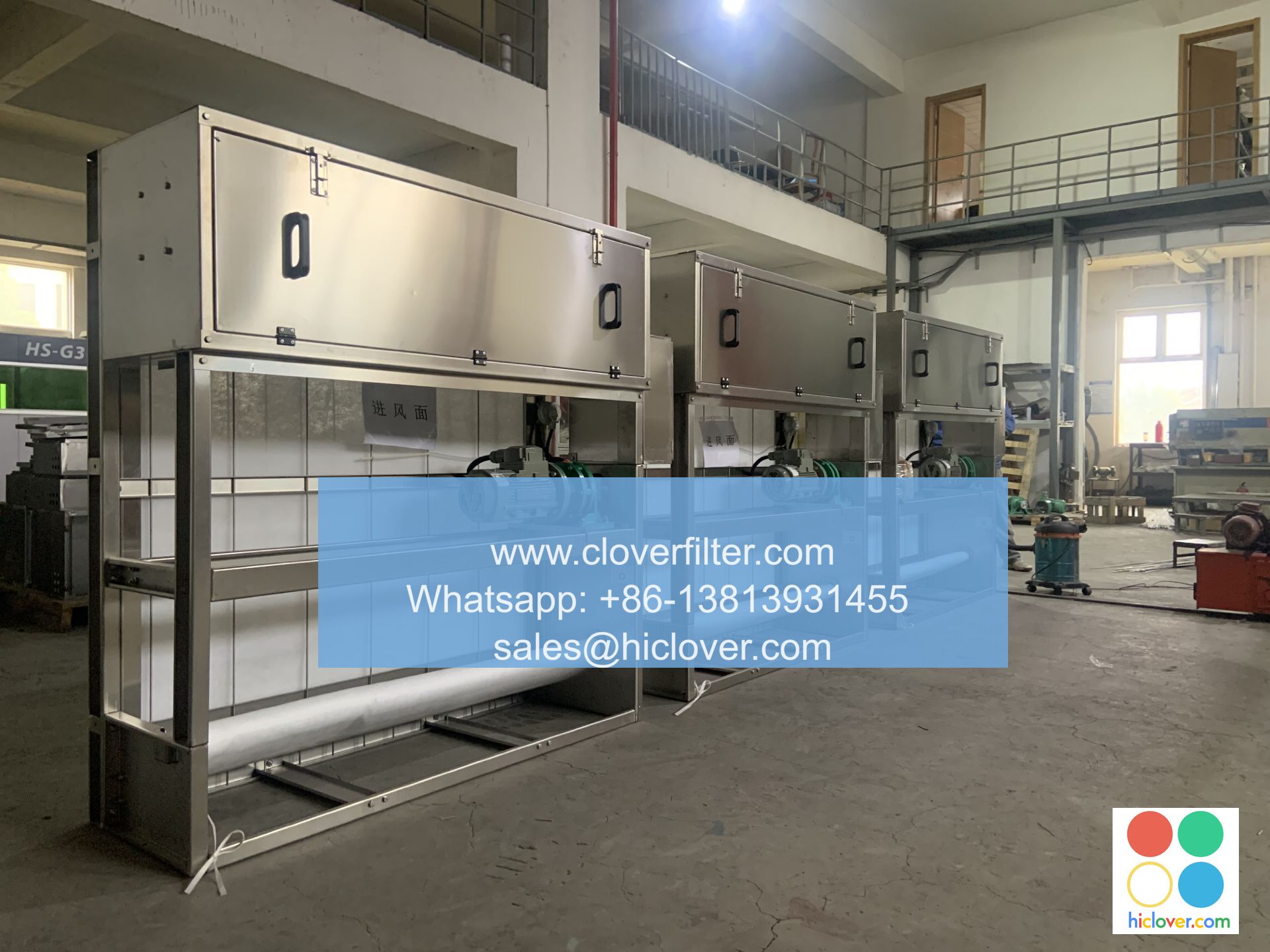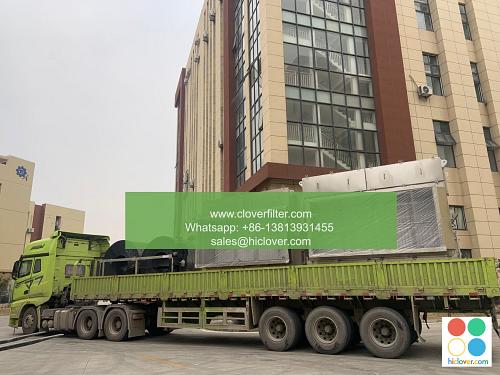The Importance of Air Filtration in Circuit Board Manufacturing

Circuit board manufacturing is a complex process that requires precision, cleanliness, and attention to detail. One crucial aspect of this process is air filtration, which plays a vital role in ensuring the quality and reliability of the final product. In this article, we will explore the importance of air filtration in circuit board manufacturing and how it can impact the production process.
Air filtration is essential in circuit board manufacturing because it helps to remove contaminants and particles from the air that can damage or compromise the boards. These contaminants can include dust, dirt, and other airborne particles that can settle on the boards and cause defects or failures. By using air filtration systems, manufacturers can remove these particles and maintain a clean and controlled environment for production.
There are several types of air filtration systems that can be used in circuit board manufacturing, including HEPA (High Efficiency Particulate Air) filters, ULPA (Ultra Low Penetration Air) filters, and activated carbon filters. Each of these systems has its own unique benefits and advantages, and the choice of system will depend on the specific needs and requirements of the manufacturing process.
One of the main benefits of air filtration in circuit board manufacturing is that it can help to reduce defects and improve product quality. By removing contaminants and particles from the air, manufacturers can prevent defects and ensure that the boards are produced to the highest standards. This can also help to reduce waste and improve efficiency, as fewer boards will need to be scrapped or reworked due to defects.
Air filtration can also help to improve the reliability of circuit boards by reducing the risk of electronic component failure. Contaminants and particles in the air can cause components to fail or malfunction, which can lead to costly repairs and replacements. By using air filtration systems, manufacturers can minimize this risk and ensure that the boards are reliable and long-lasting.
In addition to improving product quality and reliability, air filtration can also help to protect the health and safety of workers involved in the manufacturing process. Many of the chemicals and materials used in circuit board manufacturing can be hazardous to human health, and air filtration systems can help to remove these substances from the air. This can create a safer and healthier working environment for employees and reduce the risk of illness or injury.
Another important consideration in circuit board manufacturing is the impact of air filtration on the production process itself. Air filtration systems can help to improve production efficiency by reducing downtime and minimizing the need for repairs and maintenance. By maintaining a clean and controlled environment, manufacturers can ensure that the production process runs smoothly and efficiently, which can help to reduce costs and improve productivity.
In conclusion, air filtration plays a critical role in circuit board manufacturing, and its importance cannot be overstated. By removing contaminants and particles from the air, manufacturers can improve product quality and reliability, reduce defects and waste, and protect the health and safety of workers. Whether you are a manufacturer of circuit boards or simply someone who is interested in the process, it is essential to understand the importance of air filtration and how it can impact the production process.
FAQs
Q: What types of air filtration systems are commonly used in circuit board manufacturing?
A: Common types of air filtration systems used in circuit board manufacturing include HEPA filters, ULPA filters, and activated carbon filters.
Q: How does air filtration improve product quality in circuit board manufacturing?
A: Air filtration helps to remove contaminants and particles from the air, which can damage or compromise the boards, resulting in defects or failures. By removing these particles, manufacturers can ensure that the boards are produced to the highest standards.
Q: Can air filtration systems help to reduce waste and improve efficiency in circuit board manufacturing?
A: Yes, air filtration systems can help to reduce waste and improve efficiency by minimizing the number of defective boards that need to be scrapped or reworked.
Q: Are air filtration systems necessary for the health and safety of workers involved in circuit board manufacturing?
A: Yes, air filtration systems can help to protect the health and safety of workers by removing hazardous chemicals and materials from the air, creating a safer and healthier working environment.
Q: How can air filtration systems impact the production process in circuit board manufacturing?
A: Air filtration systems can help to improve production efficiency by reducing downtime and minimizing the need for repairs and maintenance, resulting in reduced costs and improved productivity.

